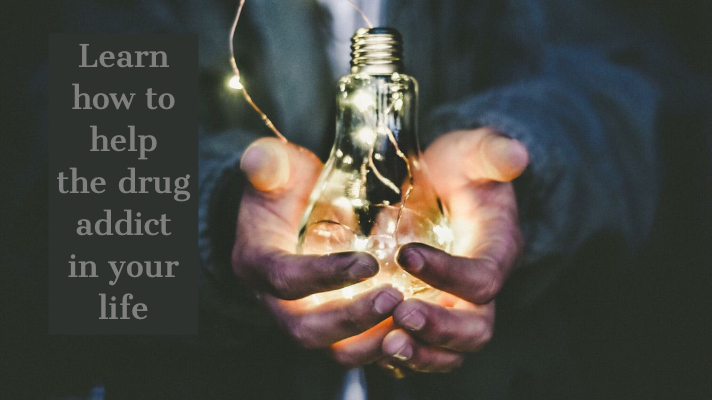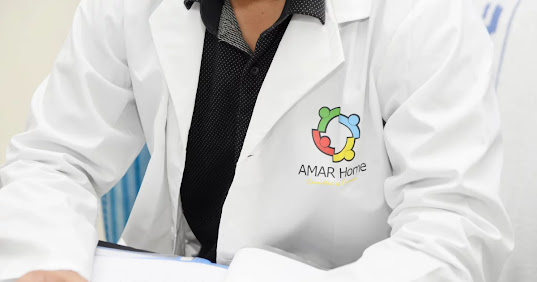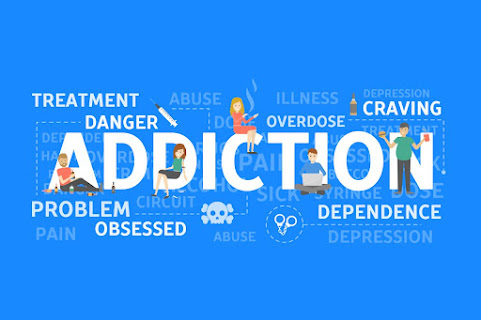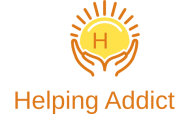What are the treatments for addiction?
Addictive disorders are a class of disorders that can have both physical and psychological consequences. Treatment is critical for breaking the cycle of addiction. However, because addiction is a chronic disease, it is difficult to treat and requires ongoing care. According to the National Survey on Drug Use and Health, approximately 8.1 percent of the population, or 21.7 million people, in the United States require or regularly receive treatment for substance use disorders.
A person suffering from an addictive disorder must have access to treatment. Most people will require treatment for the rest of their lives. They will have to abstain from the substance for the rest of their lives, which will be difficult. Treatment plans for addictive disorders frequently shift. Addiction treatment plans are frequently modified to match the needs of the patient.
The type of addictive condition, the length and degree of usage, and the impact on the individual all influence treatment options for addiction. A doctor will also treat or refer for therapy any physical concerns that have arisen, such as liver illness in a person with an alcohol use disorder or respiratory issues in persons with a smoking addiction.
There are several treatment methods available, and most people suffering from addiction will undergo a combination of them. None of the treatments for addictive disorders are effective for everyone. Inpatient and outpatient programs, psychological counselling, self-help groups, and medication are all common approaches.
Detoxification
Typically, detoxification is the initial stage in treatment. This requires removing a drug from the body and limiting withdrawal symptoms. According to the Substance Abuse and Mental Health Services Administration, a treatment clinic will prescribe medicines to minimize withdrawal symptoms in 80 percent of cases (SAMHSA). If a person is addicted to more than one addiction, they will frequently require prescriptions to treat withdrawal symptoms for each.
Counselling and behavioural therapies
Following detoxification, this is the most common kind of treatment. Depending on the individual’s needs, therapy may take place one-on-one, in a group, or in a family setting. It is usually vigorous at first, with the number of sessions progressively decreasing as symptoms improve.
Different types of therapy include:
• Cognitive-behavioural therapy, which assists people in recognizing and changing habits of thinking that are associated with substance use.
• Multidimensional family treatment, which aims to improve family function in the presence of an adolescent or teen with a substance-related disorder.
• Motivational interviewing, which increases an individual’s willingness to change and make behavioural changes.
• Positive reinforcement-based motivating incentives that encourage abstinence.
Addiction counselling seeks to help people modify their behaviours and attitudes about substance use, as well as to enhance life skills and support other treatments. Some types of treatment for substance abuse problems focus on the underlying cause of the addictive illness as well as the addicted behaviours.
Rehabilitation programs
Longer-term rehabilitation programs for substance-related and addictive disorders are often efficient, with the goal of remaining drug-free and resuming function in social, professional, and domestic duties. Fully licensed residential facilities are available to design a 24-hour care program, provide a safe residential environment, and provide any medical interventions or help that may be required.
A therapeutic environment can be provided by a variety of facilities, including:
• Short-term residential treatment focuses on detoxification and preparing individuals for a lengthier stay in a therapeutic community through comprehensive counselling.
• Therapeutic communities: An individual seeking long-term therapy for severe kinds of addiction disorder would live in a residence with on-site staff and other people in recovery for 4 to 6 months. The community and staff are significant factors in drug recovery and transforming attitudes and behaviours regarding drug use.
• After-care/Recovery housing: This type of housing provides a supervised, short-term stay in order to enable individuals engage in duties and adjust to a new, independent life free of substance abuse. Recovery housing includes financial and employment counselling, as well as connecting a person in the latter stages of recovery with community support resources.
Self-help groups
These may assist the recovering individual in meeting others who have the same addictive condition, which frequently enhances motivation and lessens feelings of loneliness. They can also be a good source of education, community, and information. Alcoholics Anonymous (AA) and Narcotics Anonymous (NA) are two examples (NA).
People struggling with different types of addiction can find out about self-help groups in their community by conducting an internet search or consulting a doctor or nurse.
Medications
When recovering from a substance-related disorder and its effects, a person may need to take medication on a regular basis. However, medications are most typically used during detoxification to control withdrawal symptoms. The medication will differ based on the substance to which the individual is addicted. Long-term medication use helps to lessen cravings and avoid relapse, or the return to using the substance after recovering from addiction. Medication is not a stand-alone treatment for addiction; it should be used in conjunction with other techniques of management, such as psychotherapy.
Takeaway
Substance abuse disorders are chronic, complex diseases that requires lengthy, rigorous therapy. The course of therapy will be determined by the type of substance involved and the severity of the addiction.
Detoxification is a common first step in treatment, which involves administering medication to minimize withdrawal symptoms as a substance departs the body. Different types of behavioural therapy and counselling can also aid to support treatment by deprograming particular drug-related behaviours and circumstances.
In some cases, a person will begin a 6- to 12-month recovery program in a specialized institution. Following that, individuals may be placed in supervised housing as they re-acclimate to handling finances and seeking work.
Certain drugs can also help some people manage their withdrawal symptoms and maintain their sobriety.




Comments
Post a Comment